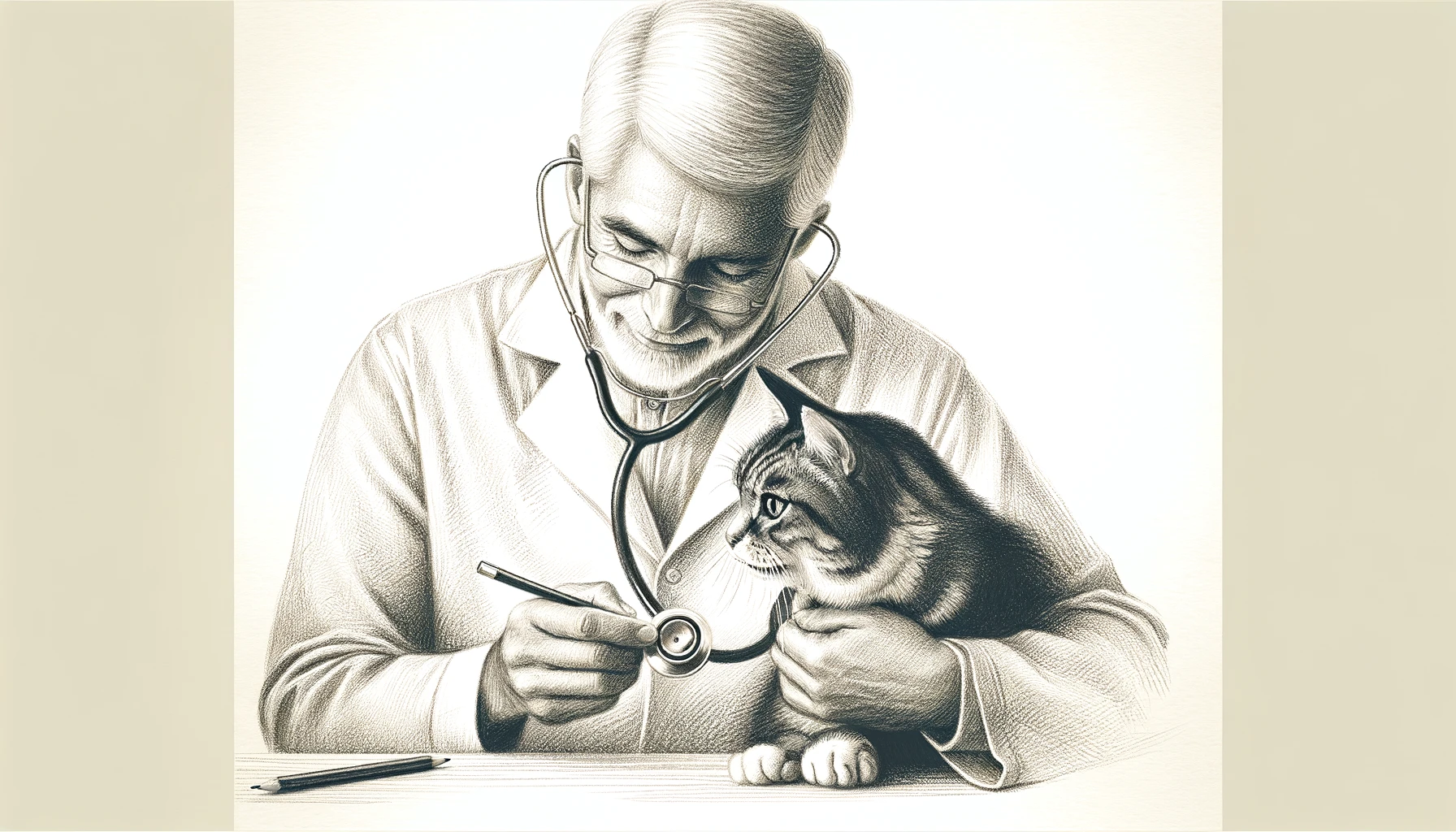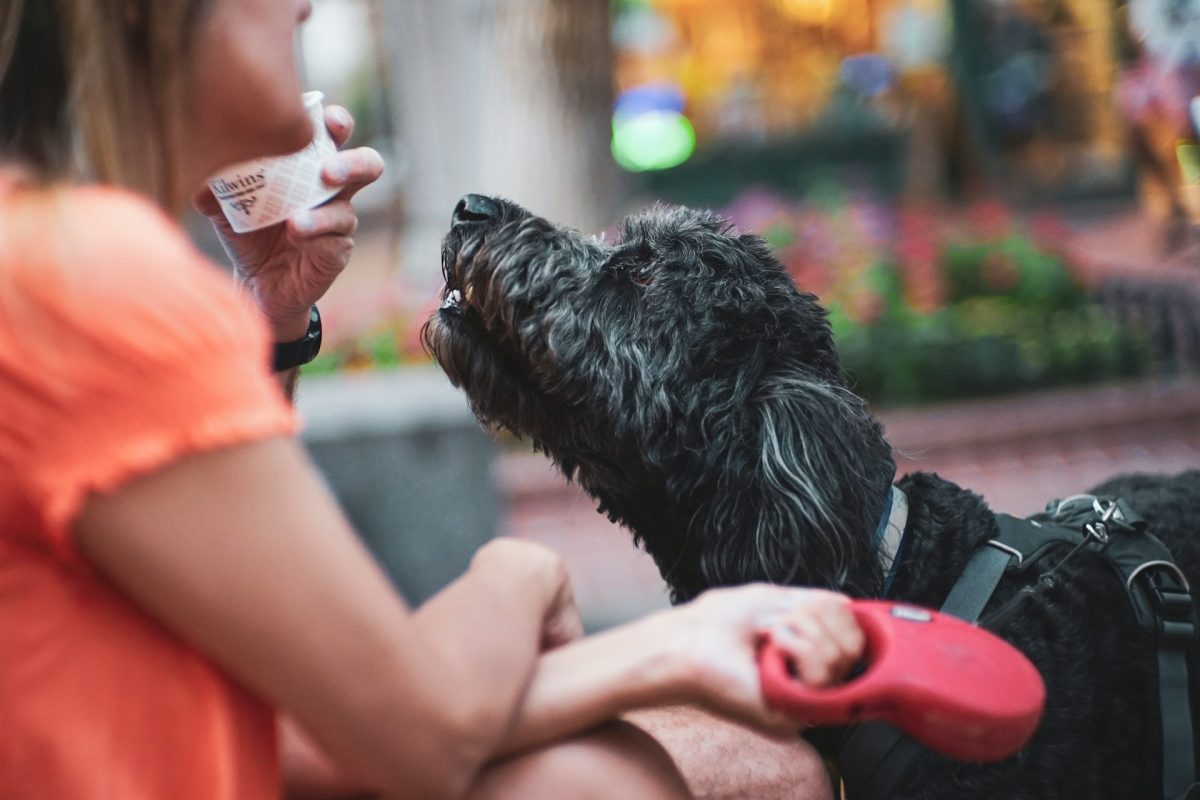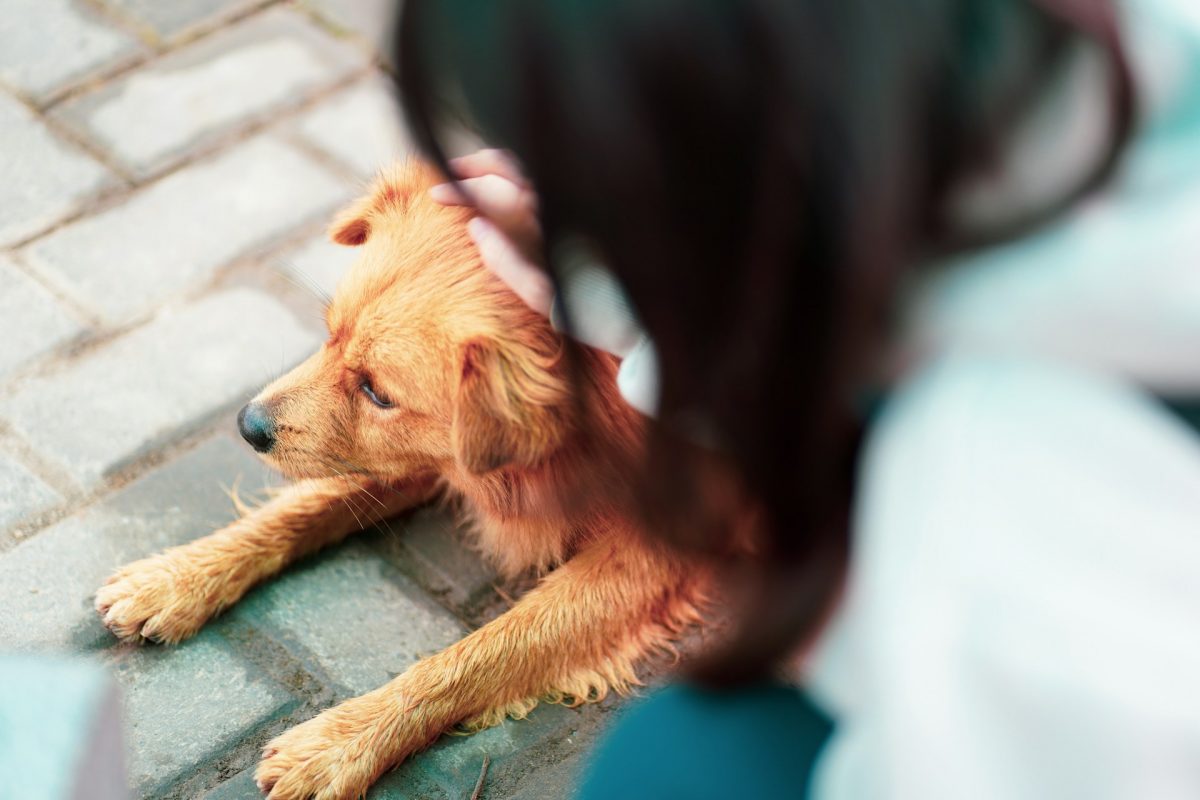Adopting pet insurance for elderly pets is often overlooked by pet owners due to misconceptions about coverage limitations and the value it provides. However, insurance for senior pets can offer substantial support in managing their health, ensuring they receive the necessary care without placing undue financial strain on their families. Understanding the unique benefits of pet insurance for elderly pets can illuminate its importance in facilitating a comfortable, healthy life for our aging companions.
1. Coverage for Age-Related Conditions
One of the most significant benefits of pet insurance for elderly pets is coverage for age-related conditions. Many pet insurance policies cover diseases commonly associated with aging, such as arthritis, diabetes, heart disease, and cancer. These conditions often require ongoing management, including medications, treatments, and regular veterinary check-ups. Insurance can help mitigate the costs associated with these chronic conditions, making it easier for pet owners to manage their pet’s health as they age.
2. No Age Limit for Enrollment in Some Plans
Contrary to popular belief, some pet insurance companies do not have an age limit for enrollment. This means that it’s never too late to get insurance for your pet, offering peace of mind that your elderly pet can still be covered. While premiums may be higher for older pets, the potential savings on veterinary care for age-related health issues can outweigh the cost of the policy.
3. Wellness and Preventive Care Coverage
Wellness and preventive care are crucial for maintaining the health of elderly pets. Some insurance policies offer wellness plans that cover or partially reimburse the cost of routine care, such as vaccinations, dental cleanings, and regular health screenings. These preventive measures can detect health issues early, preventing more serious conditions from developing and extending your pet’s healthy years.
4. Customizable Coverage Options
Pet insurance for elderly pets often comes with customizable coverage options, allowing pet owners to tailor the policy to their pet’s specific health needs. This flexibility means you can choose to increase coverage for conditions your pet is more likely to develop or opt for a higher deductible to lower monthly premiums. Customizable plans ensure you’re not paying for unnecessary coverage, making pet insurance more cost-effective.
5. Alternative and Holistic Therapy Coverage
As veterinary medicine advances, more pet insurance policies are beginning to cover alternative and holistic therapies. These treatments, which can include acupuncture, chiropractic care, and physical therapy, are particularly beneficial for managing chronic pain and mobility issues in elderly pets. Coverage for these therapies offers pet owners the opportunity to explore all avenues of care, ensuring their aging pets receive the most comprehensive treatment possible.
6. Support for End-of-Life Care
Discussing end-of-life care is a challenging but necessary part of owning a pet. Pet insurance can provide coverage for palliative care, euthanasia, and even cremation or burial services. Having financial support for these services can alleviate some of the stress during this difficult time, allowing pet owners to focus on making their pet’s final days as comfortable and dignified as possible.
7. Peace of Mind
Lastly, one of the most understated benefits of pet insurance for elderly pets is the peace of mind it offers. Knowing that you have financial support to provide the best possible care for your aging pet can relieve the anxiety associated with potential veterinary expenses. This security allows pet owners to enjoy their time with their elderly pets without the looming worry of how they will manage health care costs.
Pet insurance for elderly pets provides numerous benefits that extend beyond simple financial savings. It ensures that aging pets have access to the care they need to manage chronic conditions, maintain their quality of life, and receive comprehensive treatment options. While the decision to purchase pet insurance is personal and should consider the pet’s specific health needs and the family’s financial situation, understanding these benefits can help pet owners make an informed choice. Ultimately, pet insurance for elderly pets represents an investment in their health, well-being, and the precious time they have left with their families.



